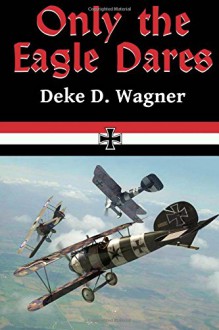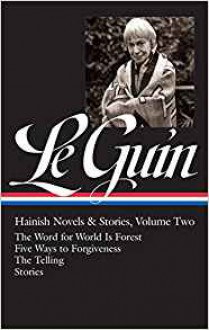
I finished reading "TILL THE BOYS COME HOME" several minutes ago. Reading it was like riding at times a boat down white water rapids. There would be moments of calm, and then -- WHOOM! tragedy and devastating sadness.
The novel carries the reader across the length and breadth of the year 1918. A year that started uncertain for Britain and many of the novel's main characters. The expectation was that Germany would launch a great offensive in the spring - now that Russia had withdrawn from the war, thus freeing up for Berlin several infantry divisions it could deploy on the Western Front against the British and French - and crush the Allies in a series of attacks before the Americans could enter in appreciable numbers to affect the outcome of the war. All the while, there is this war weariness that permeates every aspect of life both at the Front and in Britain, which is reflected in the Hunter family and their servants. There were a lot of ups and downs, as well as twists and turns in the story that caught me unawares. And -- along with Cynthia Harrod-Eagles' skill in making her characters come alive --- I was captivated with this novel. I simply had to know how everything would turn out. Now I need to catch my breath before reading Novel # 6 in the series.

 Log in with Facebook
Log in with Facebook 









